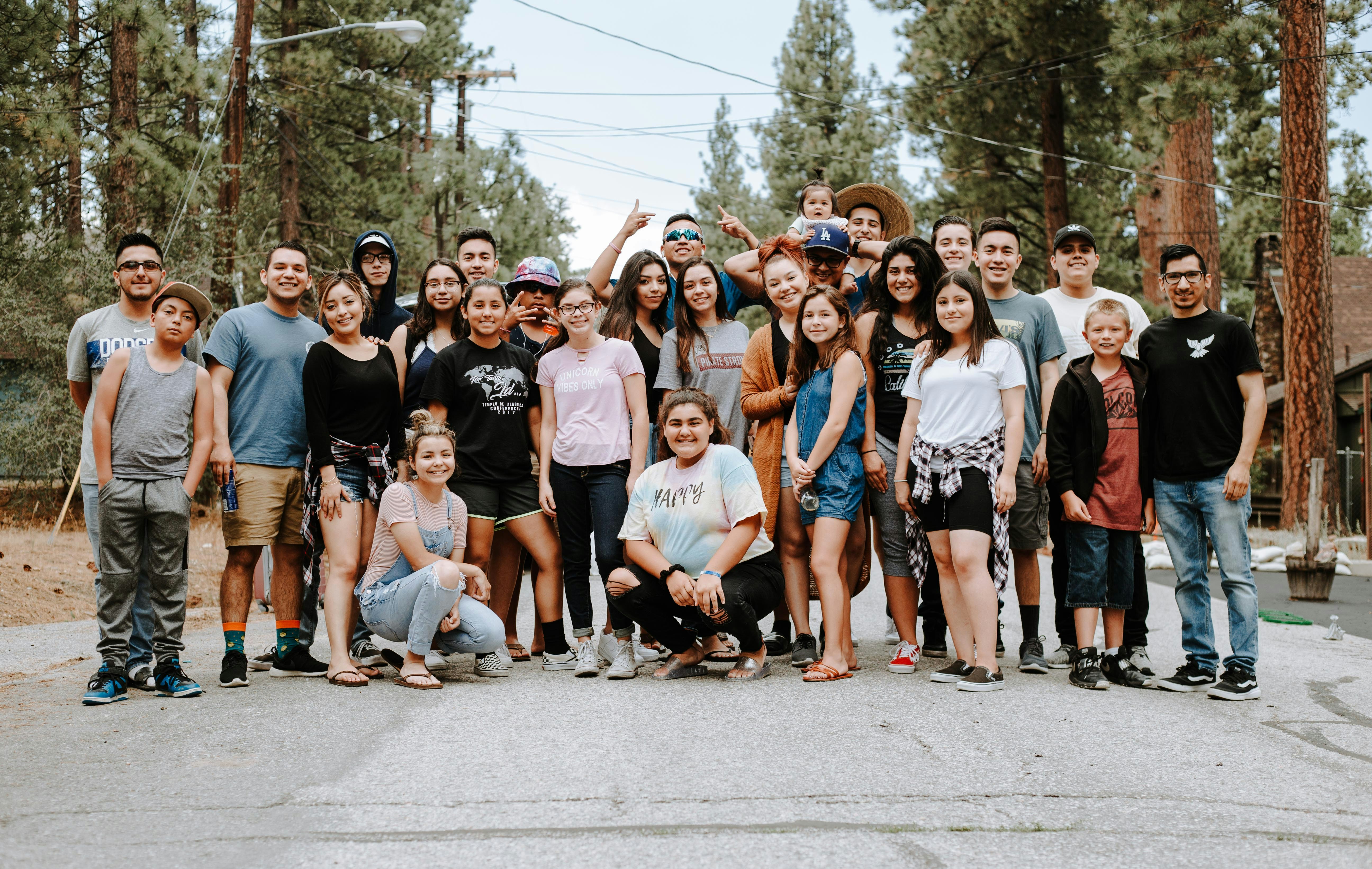If your organization is like most nonprofits, says Idealware Director Laura Quinn, time constraints may be the first -- and final -- criterion you need to think about. "Most techniques are fairly inexpensive, so time becomes the big consideration. That's a big criteria. If you don't have a lot of time you're not going to be able to do much in (online) community building, because it's very time-intensive."
Paul Hagen, the president of consulting firm Hagen 20/20, says that he spends most of his time warning his wide variety of nonprofit clients away from the latest online fads. "More of my clients are using simple tools than are using complex ones," he says. The reason? Time and resources are the critical criteria he advises nonprofits to consider, and building and maintaining a good Web site and email list is often challenging enough for time-strapped organizations.
And branching out without adequate resources can be futile and even reflect badly on your organization. "With Facebook, MySpace, and similar tools, there are several dozen nonprofits that have a group presence," says Hogan. "They've built a great page on a great place, and there are plenty of people there. But the discussion is often fairly inane." Quinn agrees that online forums and message boards provide a low return, and require a big time investment in seeding and moderating discussions. Hogan advises organizations to consider the extent to which they can moderate and "protect decent participation" when using any online tool, just as they do when gathering groups offline.
Idealware, which reviews and write about software for nonprofits, has produced a paper on social networking, and Quinn believes that MySpace, Facebook, and similar sites "are quite unproven methods at the moment. There's a lot of buzz around them and they're some really interesting case studies showing that things can happen with them." She doesn't rule them out, saying that nonprofits with the resources can do some useful experimenting with social networks, especially if they're trying to reach out to younger audiences. Even so, cautions Hogan, MySpace and Facebook may have reached a "saturation point," with very high signal-to-noise ratios. He has hopes for the new OpenSocial standard and things there will be windows of opportunity around it and other new tools, but adds that it's natural that hit rates go down eventually: the windows slowly, but inevitably, close.
Blogs, while considered to be an almost integral part of any established Web site, can be "an interesting option," says Quinn. But as with online forums, they require someone dedicated to producing content and trying to engage the community in commenting on or potentially writing blog entries. Hogan adds that blogs can be a good community-building option if someone in your organization is especially interested in and suited to sustaining a blog, or "if you have someone who is a celebrity in their own right."
Quinn says a good place to start online community building is with a simple discussion list; many integrated packages that include constituent management and email blasting will also support discussion lists, and the cost, says Quinn, can be as little as $5 a month. Among the packages Quinn says are popular are those produced by Convio, Kintera, DemocracyInAction's Web-based Salsa, Wild Apricot, and Electric Embers, an ad-free hosting service.
Most nonprofits are doing a lot of their community-building work using broadcast email lists, adds Quinn. It's an established and relatively simple tool to use, but can be used creatively, citing New American Dream's email campaign in which they asked members to make a different action pledge every month -- to not drive one day a week, to drink less bottled water. "There was a feeling of shared action around that," she says. "It was also a huge list-builder for them. A lot of people forwarded the emails on to their friends. Most people would find it fairly peripheral to community building, but it returns such a big bang for the buck that it's critical to any list or community-building type of activity."
WHAT SHOULD YOU DO?
Look into some possibilities, but first and foremost, consider if you have the time to invest in building your online community, and to ignore the hype around the latest and greatest Web tools. Quinn points out that the attention doesn't necessarily reflect what most nonprofits are actually doing.
"It's not unusual for big nonprofit organizations to have four or five people involved in online communications, including a staff member dedicated solely to online community building. Many large progressive advocacy organizations are very prominent in doing things with Web 2.0 stuff, but only three percent of nonprofits fit into that type of model. But there's a huge group of organizations who are still trying to do anything at all with the Internet."
Hogan says that most of the time he urges clients "not to bother with this stuff." But there's more. "Get your infrastructure in tune," he says, and people who are dedicated to the online world will eventually, and naturally, follow.































